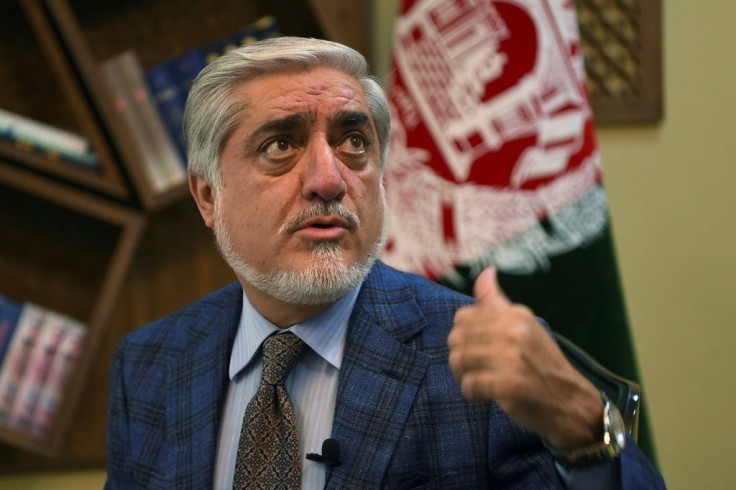Afghan Election Challenger Allows Recount

Afghan presidential challenger Abdullah Abdullah on Friday ended his opposition to a recount in seven provinces after the September 28 election, which has been mired in fraud allegations.
The vote results have been repeatedly delayed -- officially due to technical problems -- as the incumbent, President Ashraf Ghani, and Abdullah wrangle for power.
Abdullah had refused to allow the recount in seven northern provinces, demanding that the electoral commission first invalidate about 300,000 "fraudulent" ballots out of a total of 1.8 million.
But on Friday, Abdullah, who currently serves as the country's chief executive, said the recount could go ahead -- potentially ending one obstacle to results finally being released.
"I call on the dignified people of Afghanistan to let the recount take place in seven provinces (out of a total of 34)," he told a press conference.
"Today the conflict and problem is between fraud and transparency -- one side committed fraud and the other side wants transparency."
The election was meant to be the cleanest yet in Afghanistan's young democracy, with a German firm supplying biometric machines to stop people from voting more than once.
But nearly a million of the initial votes were purged owing to irregularities, meaning the election saw by far the lowest turnout of any Afghan poll.
The ongoing uncertainty has raised the risk of a repeat of the crisis that followed the last presidential election in 2014.
Then, Ghani and Abdullah fought a close race that sparked widespread allegations of fraud and saw the US step in to broker an awkward power-sharing agreement between the rivals.
© Copyright AFP {{Year}}. All rights reserved.





















